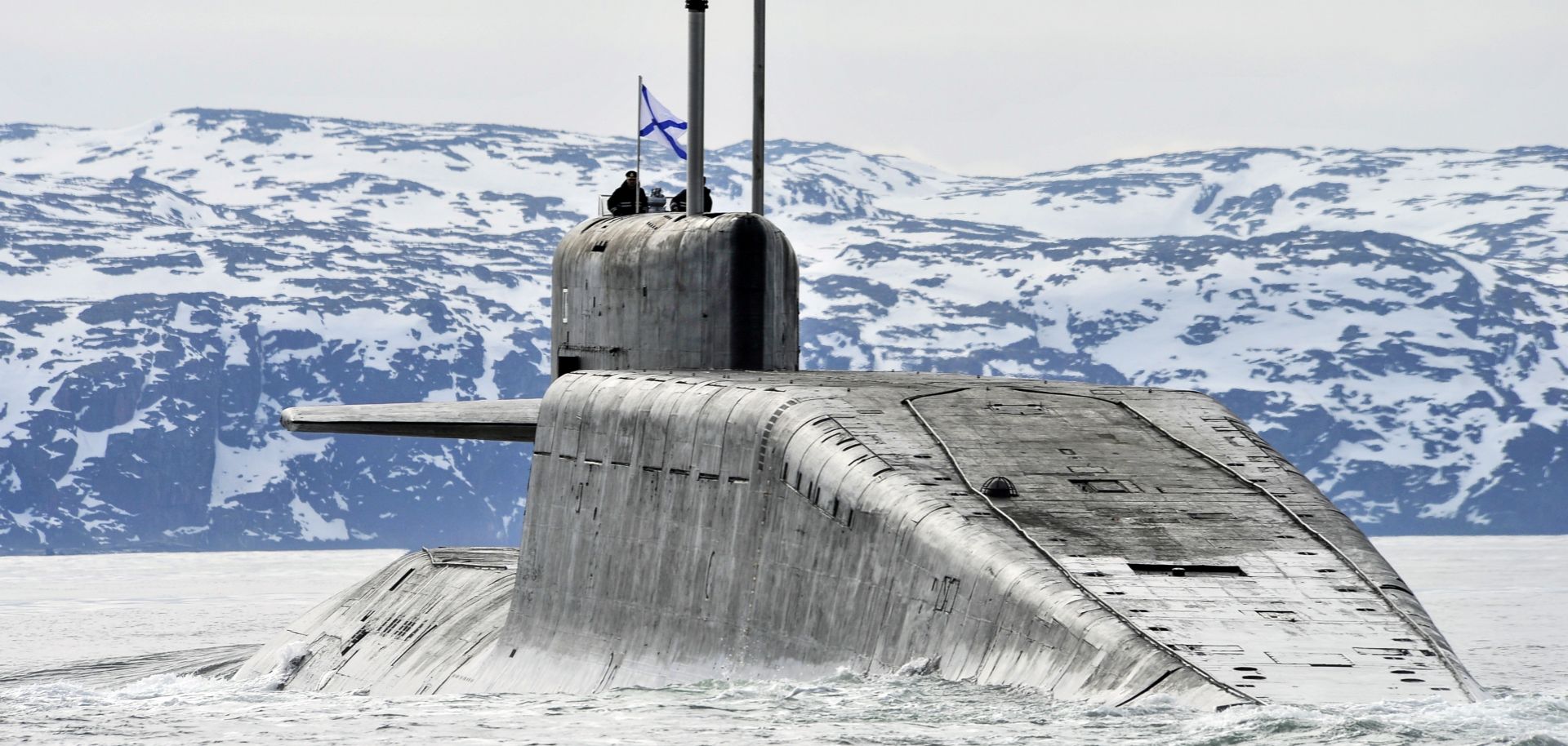COLUMNS
A Warmer Arctic Makes for Hotter Geopolitics

Sep 5, 2019 | 09:15 GMT

Thawing ice due to climate change could gradually make the frozen Arctic easier to transit.
(LEV FEDOSEYEV/TASS via Getty Images)
Highlights
- Technological advancements and the warming temperatures have the potential to open up new transit routes in the Arctic and make the region’s oil and mineral resources more accessible.
- This is driving more far-flung countries like China to stake their claim in the new economic and strategic opportunities that melting ice is gradually uncovering.
- As a result, the Arctic's governance is beginning to diversify beyond the European and North American powers that have long dominated the region’s political order.
Subscribe Now
SubscribeAlready have an account?
